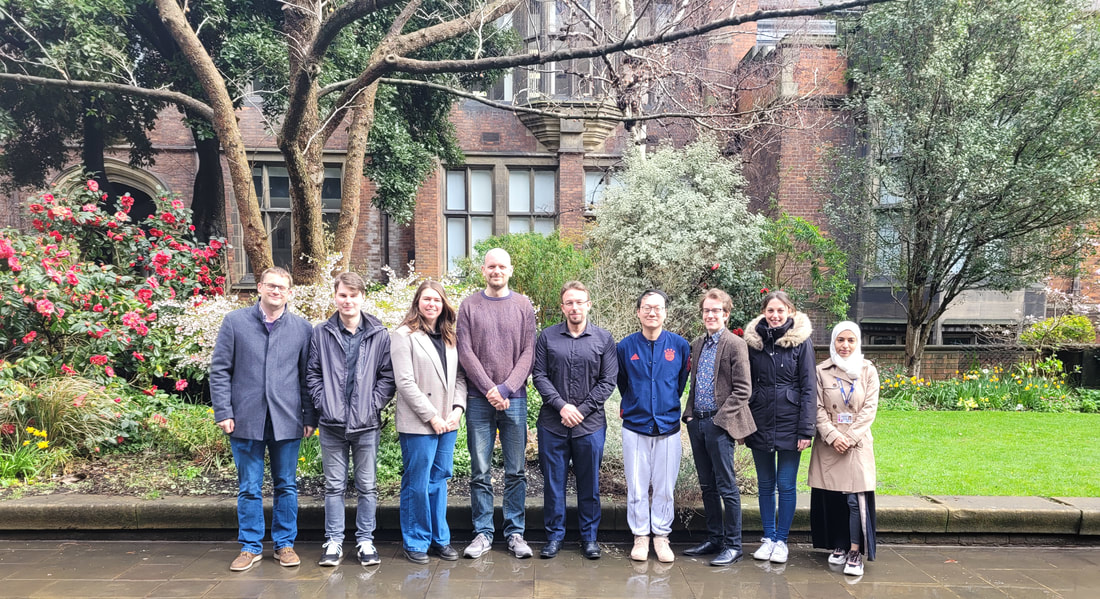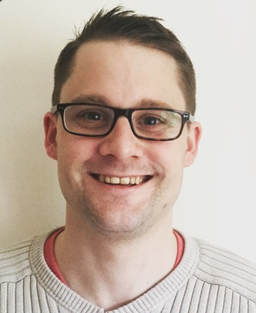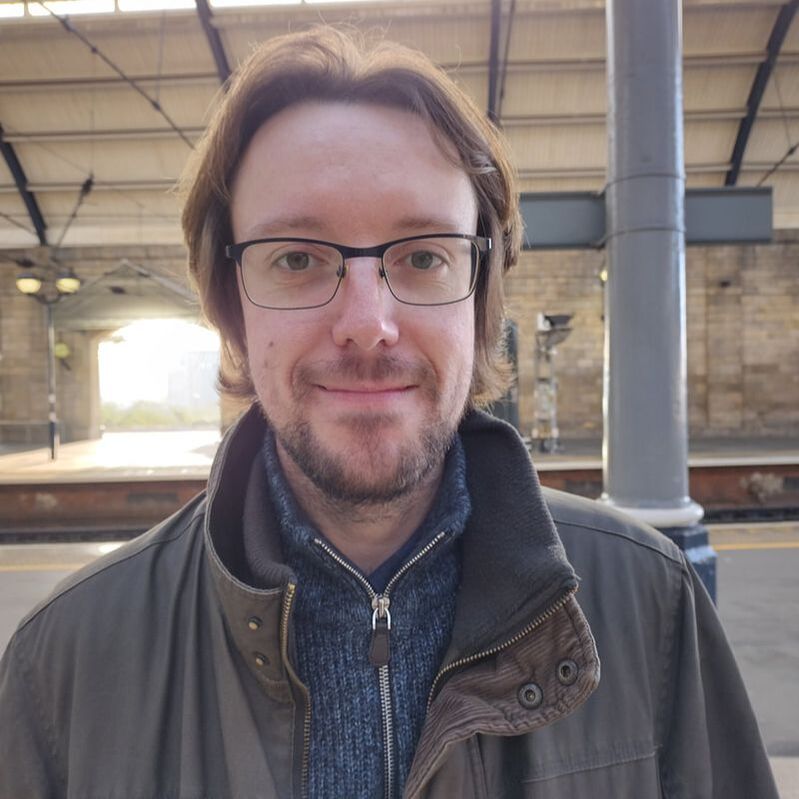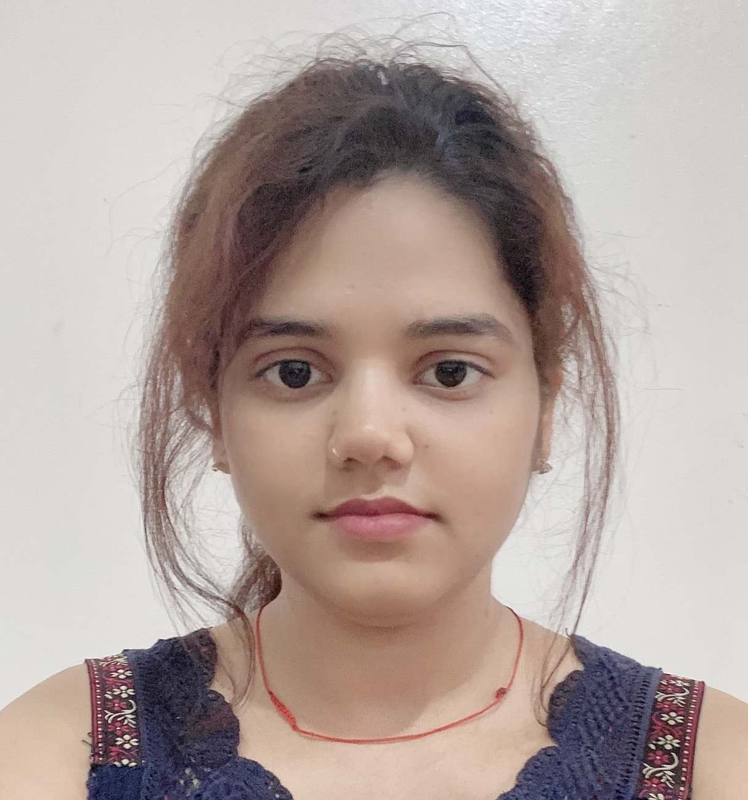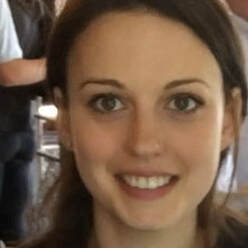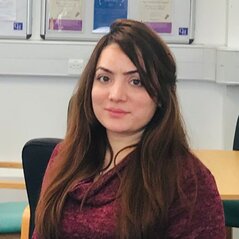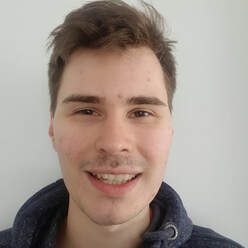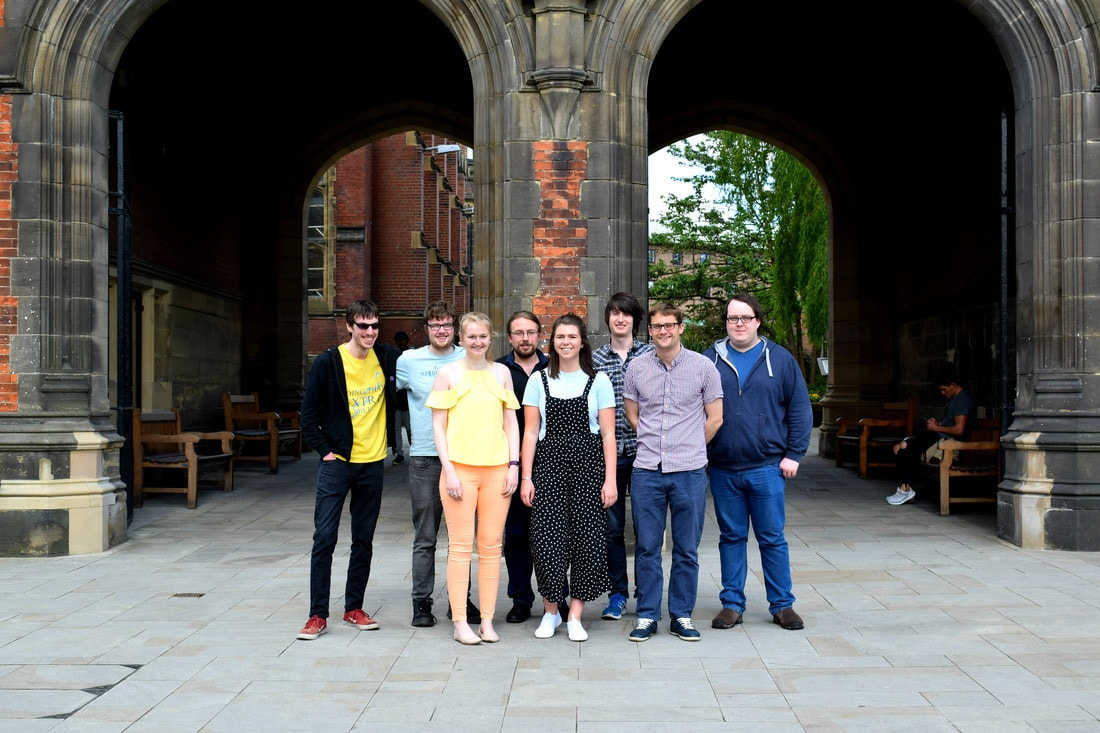Meet the Team
|
Tom Penfold ORCID: 0000-0003-4490-5672 Tom Penfold was appointed Lecturer in Theoretical and Computational Chemistry at Newcastle University in September 2015. This followed a 2-year Research Scientist position within the SwissFEL project at the Paul Scherrer Institute, Switzerland. Tom's research focuses upon developing and exploiting methods for simulating and understanding excited state dynamics. Further Information can be found here or at ResearchGate. |
|
Postdoctoral Researchers
|
|
Julien Eng (2017-Present)
ORCID: 0000-0002-7118-7242 Julien obtained his PhD in theoretical chemistry in 2015 at the Laboratoire de Chimie Quantique at the University of Strasbourg. He then spent a year as research assistant at the Max Planck Institute for Chemical Energy Conversion studying spin dynamics of single molecule magnets. Since 2017, he has been a research associate at Newcastle University in the Penfold group. His current interests are the photoexcited mechanism of thermally activated delayed fluorescence emitters and the photomagnetism of d metal complexes from both the quantum chemical and quantum dynamical perspectives. Further Information can be found here |
|
Thomas Pope (2021-Present)
ORCID: 0000-0001-7552-9812 Tom obtained his PhD in theoretical condensed matter physics in 2013 in the Lambert group at Lancaster University. Following this, he spent 18 months as a research assistant at the University of Catania studying quantum dynamics. In 2016, he moved to Newcastle University to develop a novel orbital-free density functional method to solid state calculations in the Hofer group. Since 2021, he has been a research associate in the Penfold group developing kinetic Monte-Carlo software. Further Information can be found here |
|
Sneha Verma (2022-Present)
ORCID: 0000-0003-0135-2238 Sneha Verma was appointed as a Post-Doctoral Research Assistant at Newcastle University in September 2022 where her work is to develop the MLP, Tensorflow, Pytorch, CNNs and GANs based algorithms and to visualize their performances. To quantify this, she extended her AI models to quantify the uncertainty in the predictions. In this work, she apply the deep ensembles, bootstrap resampling, and Monte Carlo dropout approaches to assess the uncertainty of the designed neural networks and simulation techniques to further understand the x-ray absorption spectroscopy. Following this she is finishing her PhD from City University of London where her research involves developing the robust, computationally inexpensive, fast, affordable, and accurate machine learning methods using PyTorch, TensorFlow, Decision Trees, CNN structure, and Keras frameworks to leverage past training data to perform tasks that either assist or automate human decision-making in many photonic and spectral prediction applications. I also have well proven experience in data science tools, such as NumPy, Pandas, Matplotlib, SciPy and SciKit-Learn. Further information can be found here. |
Postgraduate Students
|
Miriam Fsadni (2019-Present) Miriam received her BSc(Hons) from the University of Malta in 2015. After working for a CRO and pursuing an MPhil in chemistry at Newcastle University part-time, she joined the Penfold group as a PhD student in 2019. Miriam's research is focused on the rational design of organic hole transporter materials for use in hybrid perovskite solar cells. Further information can be found here. |
|
Shawana Ahmad (2020-Present) Shawana completed her MPhil in experimental particle physics from Quaid-e-Azam University, Pakistan in 2013. During her MPhil project, she worked at CERN, Switzerland in 2012. In 2020, she joined the Penfold group as a Ph.D. student. Her current research interest is to combine several theoretical methods to describe exciton formation relevant in the context of OLEDs. The focus of this work is on achieving an efficient and narrow TADF emitter |
|
Luke Watson (2020-Present) Luke received his MChem from Cardiff University in 2020 and joined the Penfold group in September 2020 as PhD student. His research involves advancing the analysis of X-ray Spectroscopy using machine learning. The focus on this work is to apply a deep neural network to rapidly predict L2-edge Platinum XANES spectra |
Past Group Members
Conor Rankine (2019-2022) Postdoctoral Researcher
Yvelin Giret (2018-2021) Postdoctoral Researcher
Thomas Northey (2016-2019) Postdoctoral Researcher
Theo Keane (2018-2019) Postdoctoral Researcher
Yang Cao (2018-2022) PhD Student
Marwah Madkahli (2018-2022) PhD Student
Beth Laidlaw (2017-2022) PhD Student
Emanuele Falbo (2018-2021) PhD Student
Josh Littlefair (2016-2021) PhD Student
Jamie Gibson (2015-2019) PhD Student
Stuart Thompson (2015-2019) PhD Student
Joash Alonso (2017-2018) MChem Project Student
Joseph Duffield (2017-2018) MChem Project Student
Connor Shield (2017-2018) MChem Project Student
Helen Duckworth (2015-2016) MChem Project Student
Beth Laidlaw (2016-2017) MChem Project Student
Jess Stacey (2016-2017) MChem Project Student
Conor Rankine (2019-2022) Postdoctoral Researcher
Yvelin Giret (2018-2021) Postdoctoral Researcher
Thomas Northey (2016-2019) Postdoctoral Researcher
Theo Keane (2018-2019) Postdoctoral Researcher
Yang Cao (2018-2022) PhD Student
Marwah Madkahli (2018-2022) PhD Student
Beth Laidlaw (2017-2022) PhD Student
Emanuele Falbo (2018-2021) PhD Student
Josh Littlefair (2016-2021) PhD Student
Jamie Gibson (2015-2019) PhD Student
Stuart Thompson (2015-2019) PhD Student
Joash Alonso (2017-2018) MChem Project Student
Joseph Duffield (2017-2018) MChem Project Student
Connor Shield (2017-2018) MChem Project Student
Helen Duckworth (2015-2016) MChem Project Student
Beth Laidlaw (2016-2017) MChem Project Student
Jess Stacey (2016-2017) MChem Project Student
Past Group Pictures
